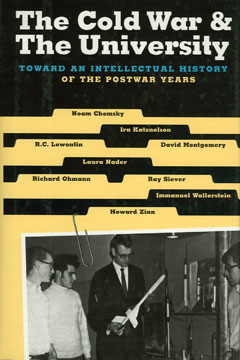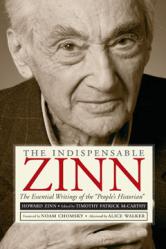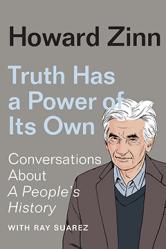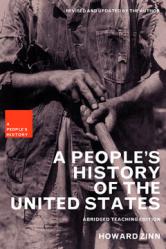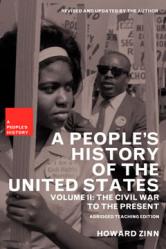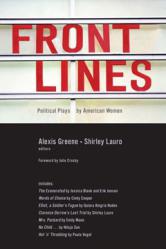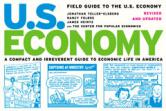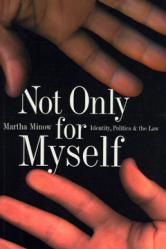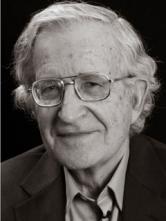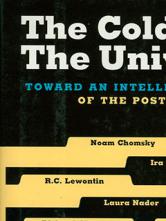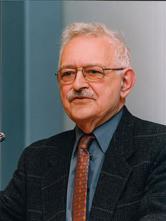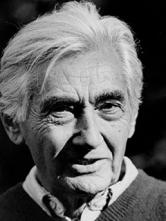The Cold War and the University
Leading intellectuals discuss the effects of the Cold War on academic freedom, intellectual life, and dissent in the academy
The years following 1945 witnessed a massive change in American intellectual thought and in the life of American universities. The effort to mobilize intellectual talent during the war established new links between the government and the academy. After the war, many of those who had worked with the military or the Office of Strategic Studies took jobs in the burgeoning postwar structure of university-based military research and intelligence agencies, bringing large infusions of government money into many fields.
The essays in this text explore what happened to the university in these years and why. They show the many ways existing disciplines, such as anthropology, were affected by the Cold War ethos, and discuss the rise of new fields, such as area studies, and the changing nature of dissent and academic freedom during and since the Cold War.
Praise
|
|

